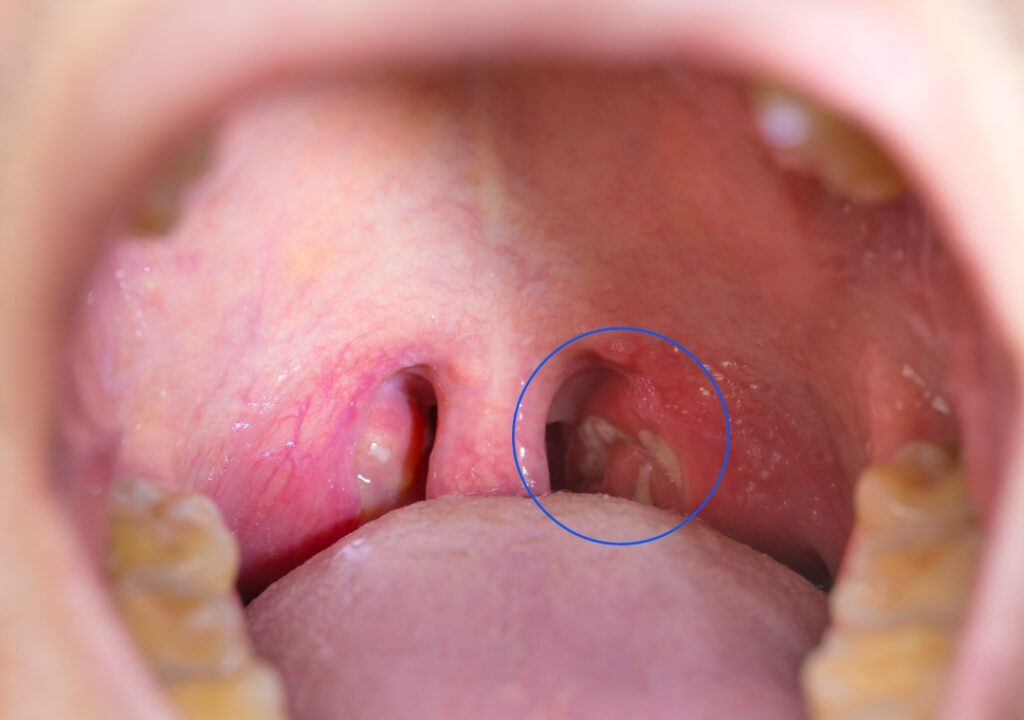As we’ve all been wearing masks over the past year, many of us have gotten a lot more up close with our breath and realized that it might not smell that great. While gum or mints can be handy in a bind, they are definitely only a temporary fix for bad breath (halitosis) Many people suffer from bad breath, but it can cause embarrassment or in severe cases, even anxiety. It can also have an effect on self-esteem. Knowing how to treat and prevent bad breath is an important part of overall self-hygiene. Below we’ll discuss some common causes of bad breath and how to address them.

Poor Oral Hygiene/Lack of Professional Dental Care
At the most basic level making sure you are regularly seeing a dentist and hygienist is important in addition to good home care habits. Removing plaque and bacteria twice a day (with brushing and flossing) is imperative to prevent a buildup of odor causing bacteria. If food is left in the mouth to break down, that process will also increase odor, which is why removing it daily is essential. It’s also a good idea to use a tongue scraper instead of a toothbrush for tongue cleaning, as it does a better job and the tongue is home to many bacteria. In addition, having a professional dental cleaning regularly, removes calculus where bacteria hide both above and below the gumline. Reducing the overall amount of bacteria will ensure fresher breath.
Tobacco Use
Both smoking and smokeless tobacco can contribute to their own kind of bad breath. They also greatly increase the risk of gum disease, which again produces its own halitosis.
Infections
As stated above, gum disease can produce a distinct smell as can other oral infections. These could include an abscess, tooth decay or infected surgical wounds.
Dry Mouth
If you’ve ever woken up in the morning and had “morning breath” you can in part thank dry mouth. Our mouths dry out during the night, more so for mouth breathers and sometimes with a CPAP machine. Other people suffer from chronic dry mouth, read more about that here. Saliva acts as a cleansing agent and helps to maintain a balanced pH in the oral cavity. If saliva is lacking, the mouth can become more acidic which is a great environment for odor causing bacteria.
Nose & Throat Conditions
These conditions can include, post-nasal drip, allergies, sinus infections, acid reflux, tonsillitis or tonsil stones. Tonsil stones are small white/yellow bits of food and debris covered in bacteria that become trapped in the folds of the tonsils. You may notice them becoming dislodged on their own or you may be able to see them upon close examination.

While this list isn’t all-encompassing, it’s a good place to start to try and get your bad breath under control. If you notice that you are suffering from halitosis or you’re chewing more gum than normal, it’s a good time to look at your habits. If you feel like you’re doing everything right with your homecare but still can’t get a handle on bad breath odor, please discuss your concerns with your dentist and/or hygienist at your next appointment!
References
Mayo Clinic
https://www.mayoclinic.org/diseases-conditions/bad-breath/symptoms-causes/syc-20350922

